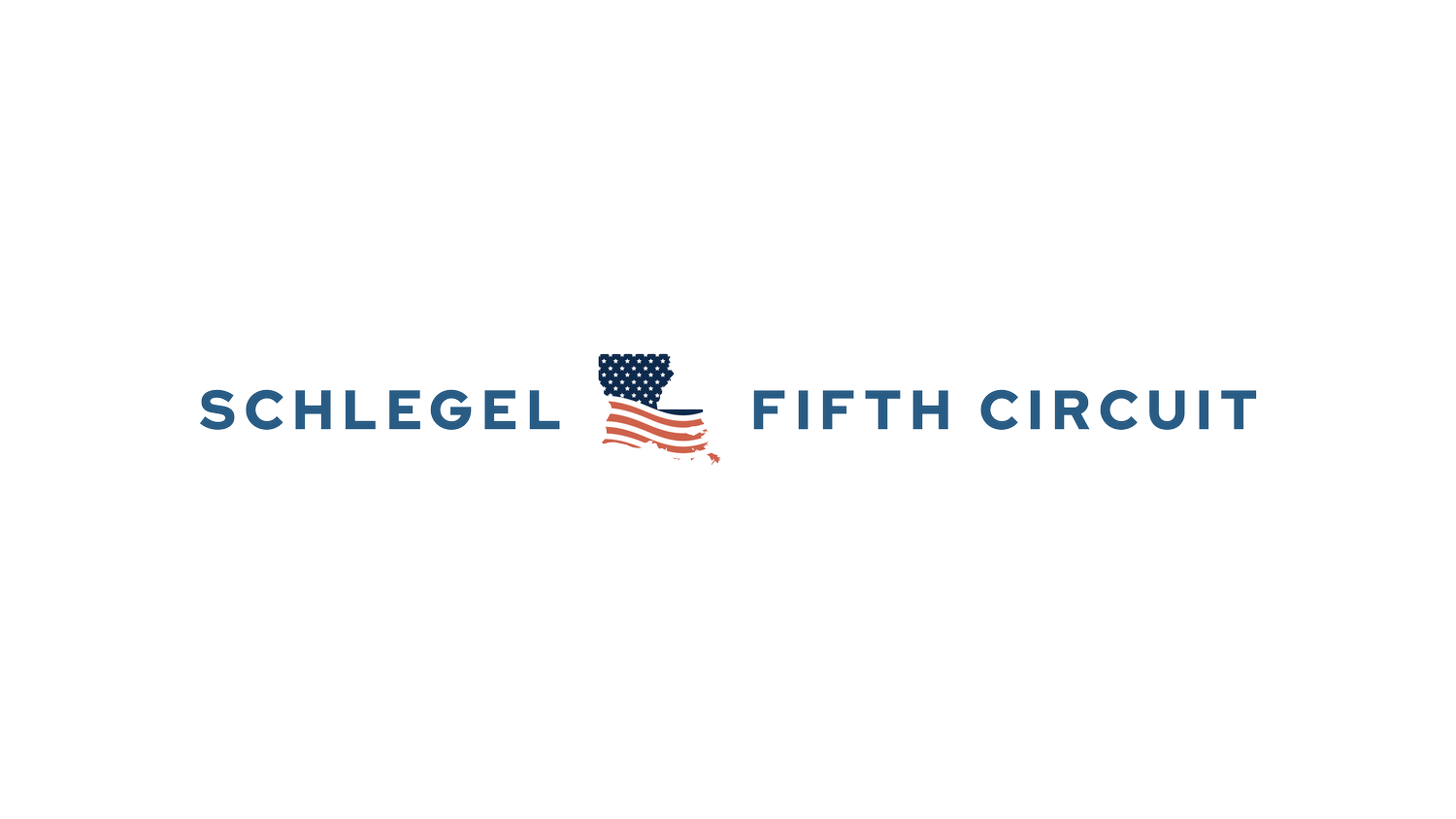Guess How Much My Robe Weighs
As AI grows smarter and more capable, the drumbeat to let machines into the decision-making process will only grow louder. The argument will sound familiar: if AI can analyze evidence, summarize arguments, and even draft opinions, why shouldn’t it handle most of the heavy lifting? Judges could then review it and sign off if they agree.
But that reasoning misses the entire point of the judiciary.
Judges are not policymakers. We are constitutional actors bound to apply the law as written, not as we wish it were written. A good judge will sometimes even rule against deeply held personal beliefs because that is what the law requires. This is the job and the burden of the robe. Every decision carries moral and human weight that cannot be reduced to probabilities or trained preferences.
AI, no matter how “wise,” will always reflect the will of its creator, not the will of the people expressed through the legislative process. The model learns from data and direction, not from duty or conscience. And as I often remind audiences, we must ask whose singularity these companies are building toward, and what kind of consistency they truly seek.
There is a moment that happens in courtrooms everywhere, a moment no algorithm can replicate. You look up from the bench, meet the eyes of a criminal defendant or civil litigant, and something changes. Maybe you see genuine remorse, or fear, or a glimmer of hope. In that instant, you recognize that what sits before you is not a case file, but a person. That recognition can shape how you exercise discretion within the bounds of the law. AI will never have that moment.
None of this means technology has no place in our courts. AI can assist with research, highlight relevant precedent, assist with drafting, and identify inconsistencies in testimony. Properly used, these tools could make judges and clerks more efficient and effective. Yet there remains a bright line that cannot be crossed. Once we allow machine judgment to supplant human judgment, we surrender something essential to justice itself.
That principle matters not only to judges but to everyone who depends on a fair system. Justice is a public trust, not a private algorithm, and its legitimacy rests on human accountability.
When I speak to new judges, I often illustrate this with a question: “How much do you think my robe weighs?” People shout all kinds of answers: 10 ounces, 2 pounds, a few even make jokes about dry cleaning. The real answer though is that you will never know how much it weighs until you put it on. The weight is immeasurable, not because of the cloth, but because of the consequences of every choice that comes with it.
If you understand that, you are on your way to becoming a great judge. If you do not, you will likely wield your power without reflection and hurt someone.
The real intelligence in justice has never been artificial. It has always been human.

